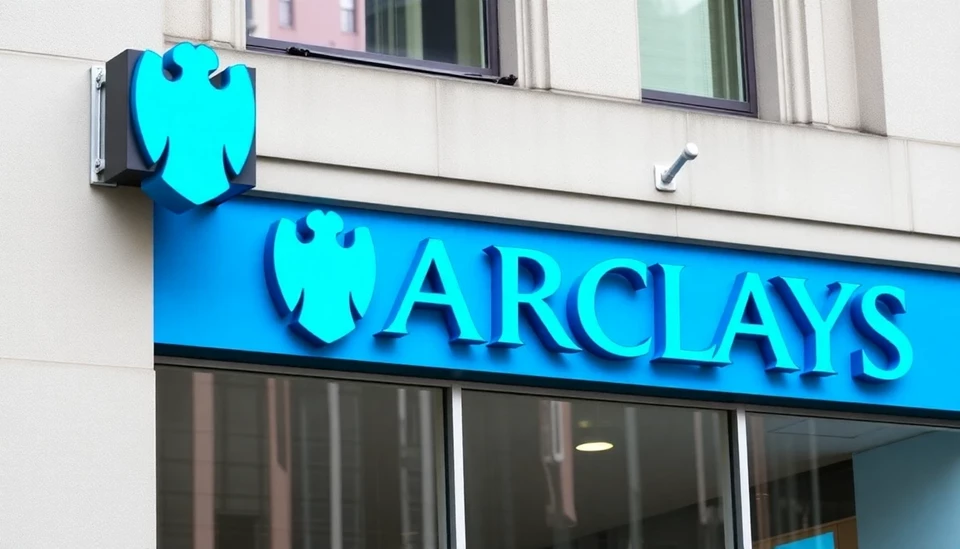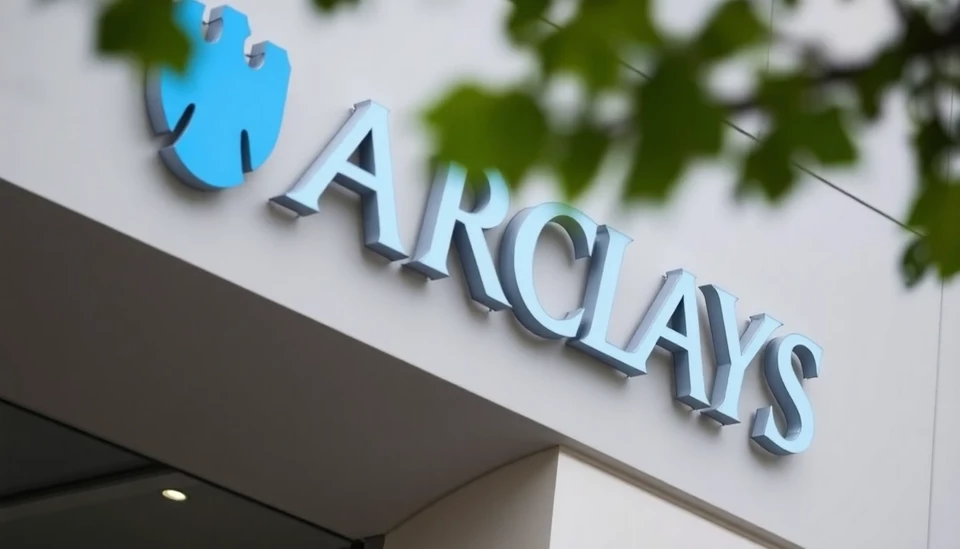
In a remarkable move aimed at recognizing the contributions of its junior employees, Barclays has announced the allocation of $500 million in stock bonuses. This significant initiative comes as the bank experiences a robust financial performance, indicative of a broader recovery within the banking sector.
The decision to reward junior staffers is a strategic shift, as historically, large bonuses in the banking industry have often been reserved for senior executives and top-tier employees. However, Barclays has opted to extend this lucrative bonus scheme to its junior workforce, a move that reflects both the importance of employee retention and the recognition of the vital roles these individuals play in the daily operations of the bank.
Sources familiar with the bank's internal discussions indicated that the bonuses will be distributed primarily to staff in investment banking, where the demand for talent has surged as firms compete for skilled professionals in a recovering market. By providing these stock bonuses, Barclays aims to reinforce its commitment to employee development and satisfaction, which have become essential components in an industry navigating unprecedented challenges in recent years.
This bonus allocation is not only a motivation booster for the junior staff but also serves as a strong signal to potential recruits that the bank values its employees at all levels. With the financial landscape shifting and competition for talent intensifying, such measures can significantly enhance Barclays' appeal in the eyes of prospective job seekers.
As part of its broader strategy, Barclays has been restructuring its operations and focusing on a performance-driven culture. The bank's leadership recognizes that investing in talent—especially in the foundational ranks—will create a more resilient workforce capable of driving long-term growth and innovation.
Analysts predict that this approach may set a precedent among other financial institutions, prompting them to reevaluate their bonuses and compensation structures to attract and maintain top-tier talent. This could lead to a wider trend where banks prioritize lesser-known yet integral roles within their organizations, ultimately impacting the overall compensation landscape within the finance sector.
Barclays' move to award such a substantial stock bonus to junior staff represents both an acknowledgment of their hard work and a calculated strategy to retain and attract talent. In doing so, the bank hopes to foster a culture of loyalty and commitment among its employees, which is crucial for sustaining its competitive edge in the evolving financial market.
As this new bonus scheme unfolds, it will be interesting to observe its implications for Barclays and potentially for the banking industry as a whole, as companies continually adapt to the changing needs of their workforces.
In conclusion, Barclays is leading the charge in reshaping employee recognition practices within finance, demonstrating that every level of staff is vital to achieving organizational success. This bullish approach may alter how financial institutions view and reward their employees in the future.
#Barclays #StockBonuses #JuniorStaff #BankingIndustry #EmployeeRecognition #FinancialSector #WorkplaceCulture #JobRetention #InvestmentBanking #FinancialNews
Author: Samuel Brooks




